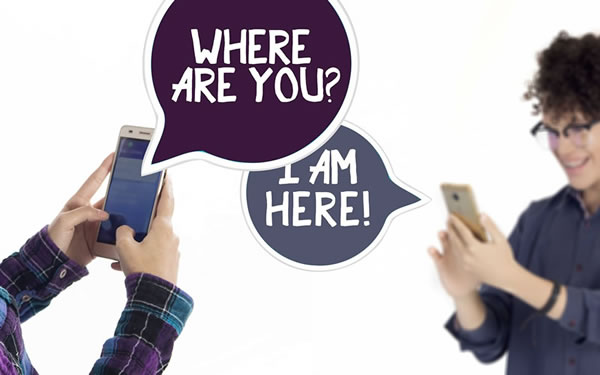By Andy Brack, editor and publisher | That smartphone in your pocket may be neat and shiny, but it also may be making you dumber.
 We love these mobile devices because they allow us to be connected instantly to business and personal emails, cute cat videos, music, the latest news, weather updates and a wealth of data. There’s more computing power in a smartphone, it is said, than there was in the first rocket that took man to the moon. Smartphones give us answers to questions we’ve got and connect us to long-lost friends through the power of social media. They’re so packed with apps and cool things that we often forget they’re also phones.
We love these mobile devices because they allow us to be connected instantly to business and personal emails, cute cat videos, music, the latest news, weather updates and a wealth of data. There’s more computing power in a smartphone, it is said, than there was in the first rocket that took man to the moon. Smartphones give us answers to questions we’ve got and connect us to long-lost friends through the power of social media. They’re so packed with apps and cool things that we often forget they’re also phones.
But these devices have down sides too. They keep us connected and our attention ALL OF THE TIME. The screens are computerized black holes that suck our attention and intelligence into the void of information being collected by the Facebooks and Amazons of the world.
If you think you’re alone when you are on your phone, you’re smoking something still illegal in South Carolina. Every time you click “like” or take a poll or fill out a fun survey or retweet something or click frame after frame of an inane post on the 25 things you can do to be a better cook, you are giving important data about your choices and preferences to data miners who profile you and sell your data. In fact, every time you don’t click on something in your news feed or list of tweets, you are sending a message that you’re not interested in something – which is information in and of itself.
George Orwell and his Big Brother watching us in 2018 would be fascinated – and horrified.
(If you’re getting antsy right now and are starting to wonder what else you could be finding out on your favorite social media outlet, go on over there and get it out of your system. But come back and finish reading.)
Smartphones are the new normal in our American culture that is more partisan and split than ever. More than three out of four American adults own a smartphone, up from a third in 2011, according to Pew Research. About half of smartphone owners say the device is something they can’t live without. They like the freedom offered by smartphones and how it connects them to people. And most say they’re worth the cost.
But if you’ve ever watched someone with their head angled down in a meeting or walking down the street oblivious to the world around them, you start to understand how these devices are as addictive as opioids. Take a phone away from a kid for an hour and you’ll quickly see evidence of anxiety and phone withdrawal.
It’s scary how much we’re using phones. A time-tracking service found “the average person spends four hours a day interacting with his or her phone,” author Catherine Price wrote in February in The New York Times.
Even more worrying: One 2017 study shows 42 percent of kids up to age 8 have tablets and the amount of time they are spending on them is skyrocketing. Heavy smartphone use by kids is being blamed for social isolation, anxiety, increased depression and more.
“By the age of 14 the average child will have sent more than 35,000 texts, 30,000 WhatsApp messages and racked up more than three solid weeks of video chat,” according to a 2017 study commissioned by Monqi, a British smartphone company. “The modern youngster will also have spent a full six months looking at their phone during that time period, averaging 135 minutes’ use a day.”
Yet another study highlights the addictive power of smartphones – even if the phone is on the other side of the room and turned face down. “Cognitive capacity and overall brain power are significantly reduced,” says an article in Psychology Today.
It’s time for Americans – particularly kids – to start using smartphones and social media differently. Too many have become obsessed and are paying more attention to phones and social media than real, live people. We need to break up, as Price writes, from the addiction and be smarter about how we use devices.
Best thing to do with smartphones: Turn them off for several hours so you can concentrate. If people really need you, they can leave voicemails.
- Have a comment? Send to: editor@charlestoncurrents.com




 We Can Do Better, South Carolina!
We Can Do Better, South Carolina!
























